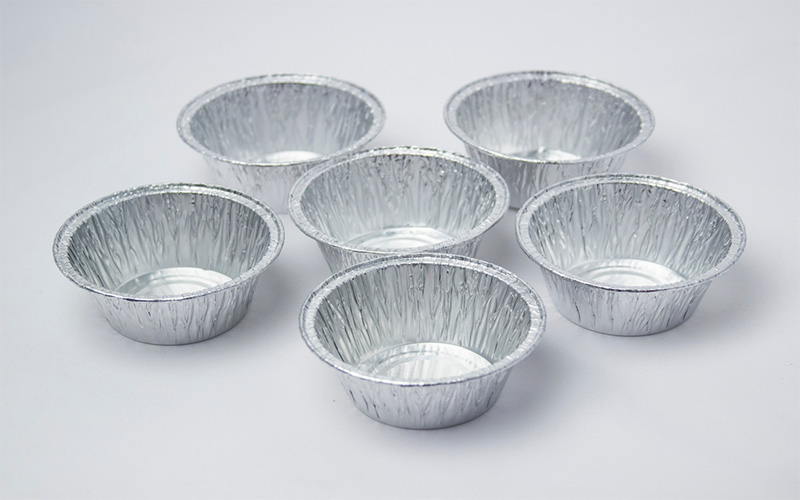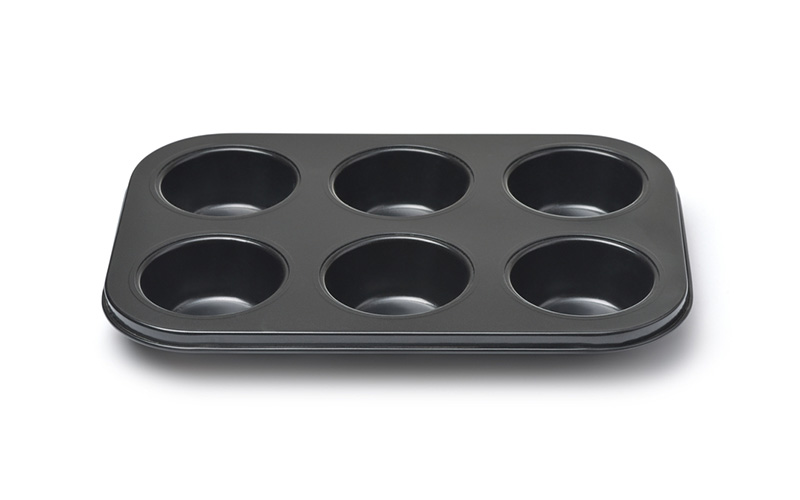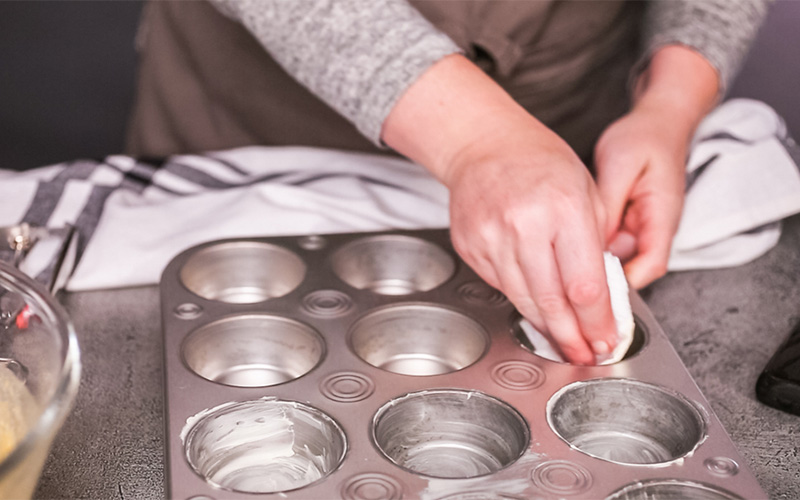
Disposable Muffin Tins Vs. Regular Muffin Tins : A Comprehensive Comparison
Muffin tins have evolved significantly, offering bakers varying options and materials. This piece will delve deep into comparing disposable and regular muffin tins, aiming to provide insights into baking preferences and help users make an informed decision.
Historical Context
Understanding the evolution of muffin tins gives us a lens into their diverse utilities. Baking equipment has come a long way, transitioning from classic iron to modern silicone, each catering to different baking needs and preferences.
Disposable Muffin Tin
A disposable muffin tin is typically made of lightweight materials like aluminum or paper and is designed for one-time use. It's convenient for baking muffins or cupcakes without the need for cleanup.

Regular Muffin Tin
A regular muffin tin, on the other hand, is usually made of durable materials like metal (often non-stick) or silicone. It is meant for repeated use and can be washed and reused multiple times. This type of muffin tin offers better longevity but requires cleaning after each use.

Materials And Design: Deep Dive
Disposable Muffin Tins
The essence of the baking experience lies significantly in the materials used to create muffin pans and tins. For instance, disposable aluminum tins are preferred for their economic viability and lightweight nature, making them a go-to for many bakers on a budget. However, for those leaning towards environmentally friendly options, paper tins offer both convenience and a lesser environmental footprint.
Regular Muffin Tins
Conversely, regular muffin tins have a broader spectrum of materials. Cast iron promises durability and timeless appeal, stainless steel brings resilience and reliability to the table, and silicone offers flexibility and a non-stick surface, enhancing the overall user experience and expanding baking possibilities.
Detailed Pros and Cons Analysis
Pros And Cons Of Disposable Muffin Tins
The transient nature of disposable tins makes them a favorite for one-off baking sessions. Their cost-effective and convenient nature is undeniably attractive. However, the frequent use of disposable tins raises sustainability concerns and often needs to be improved on the bake quality due to uneven heat distribution.
Pros And Cons Of Regular Muffin Tins
Regular muffin tins, with their promise of longevity and enhanced performance, offer a stark contrast to disposable ones. While they require a steeper initial investment and more attention to maintenance, their benefits in uniform baking and the impeccable taste and texture of muffins are unrivaled.
Cooking Experience: A Closer Look

The essence of baking lies in the joy derived from the cooking experience. A meticulous evaluation of heat distribution, user-friendliness, and accessibility of both types of tins is crucial. The impact of the tin material on taste and texture cannot be understated, with every material offering a unique baking outcome, affecting the muffins' crust, moisture retention, and flavor infusion.
Sustainability And Eco-Friendly Choices
The environmental repercussions of using disposable tins necessitate a shift towards more sustainable baking practices. The advent of eco-friendly disposable options and responsible use of regular tins represent steps towards a more sustainable baking environment. It's crucial to weigh the environmental impact against convenience to foster reliable baking.
Cost Evaluation And Long-term Value
A nuanced analysis of the initial and long-term costs of both muffin tins is essential. While disposable tins win in terms of initial cost, the longevity and durability of regular tins represent unparalleled long-term value, making them a wise investment for avid bakers.
Environmental Impact
Like many others, the baking industry has a footprint, and choosing between disposable and regular muffin tins plays a pivotal role in determining the environmental impact of our baking habits. In the quest for convenience and cost-effectiveness, disposable muffin tins, particularly those made from aluminum, are often chosen despite their ecological implications.
Aluminum tins, although recyclable, often end up in landfills, contributing to environmental degradation. Paper tins, a more eco-friendly disposable option, still represent a use-once-and-discard commodity, implying resource consumption and waste generation. Thus, examining the environmental repercussions is paramount in making responsible baking choices.
User Insights And Real-world Experiences
Incorporating experiences and insights from a diverse range of bakers, from novices to seasoned professionals, enriches the understanding of practical utility and any inherent limitations of both types of muffin tins. These real-world testimonials offer a more rounded perspective, allowing potential users to make informed choices based on varied baking needs and preferences.
Frequently Asked Questions
Can The Material Of A Muffin Tin Affect The Baking Outcome?
Yes, the material can impact heat distribution, affecting the muffins' taste and texture.
Are Disposable Muffin Tins Eco-friendly?
While traditionally they haven't been, there are now eco-friendly disposable options made from materials like paper.
How Can One Maintain The Quality Of Regular Muffin Tins?
Regular cleaning, proper storage, and avoiding abrasive cleaning materials can help maintain the quality of regular muffin tins.


